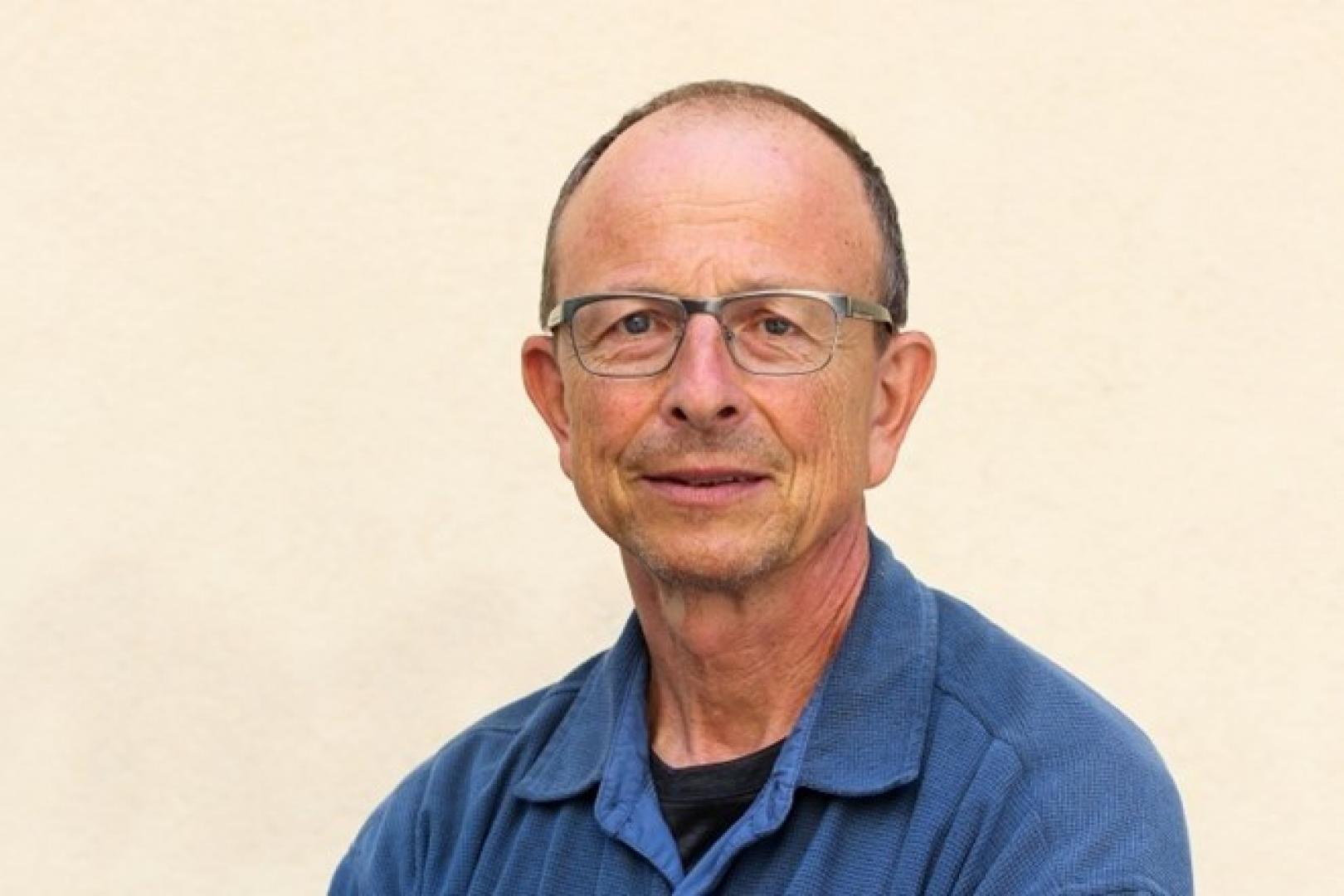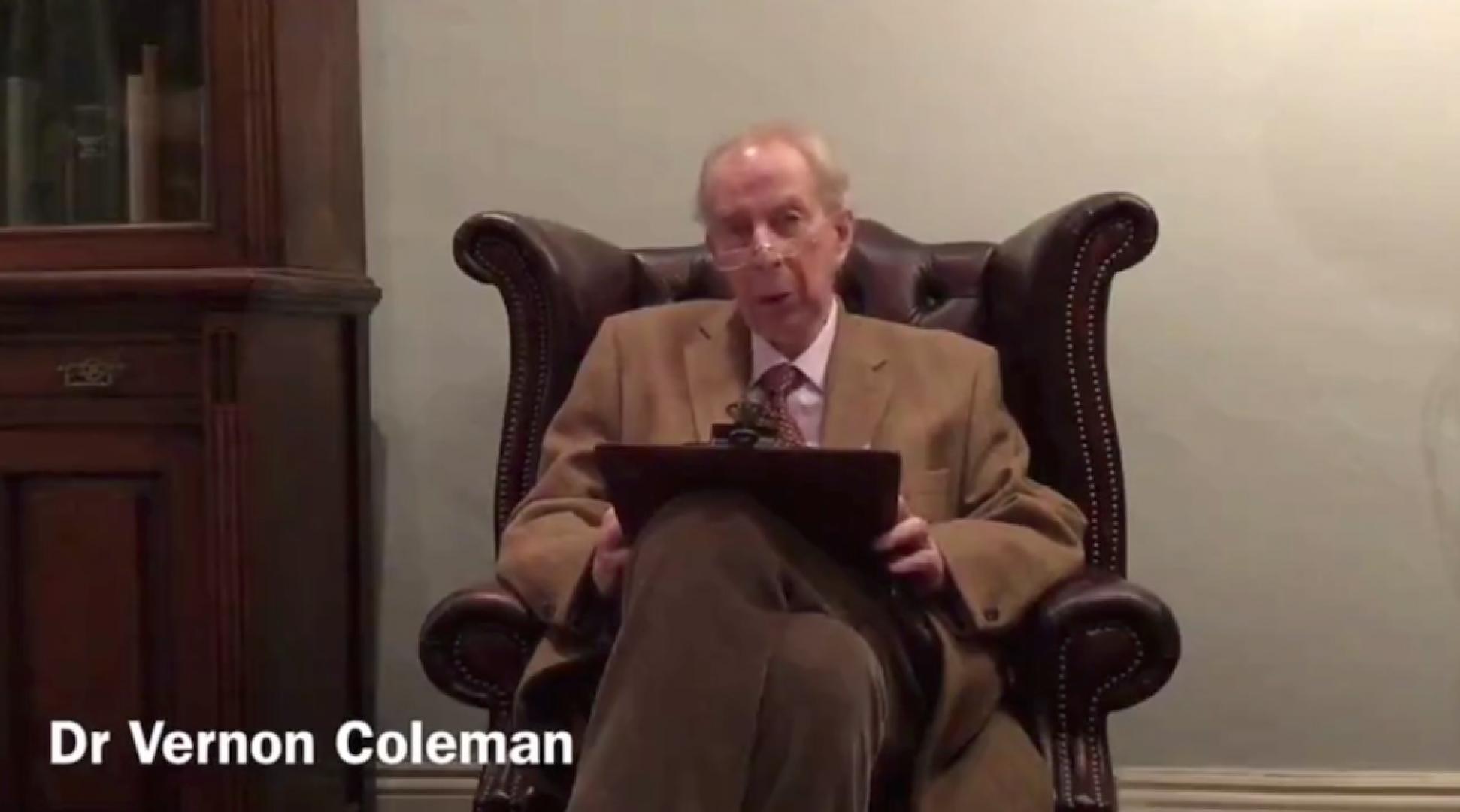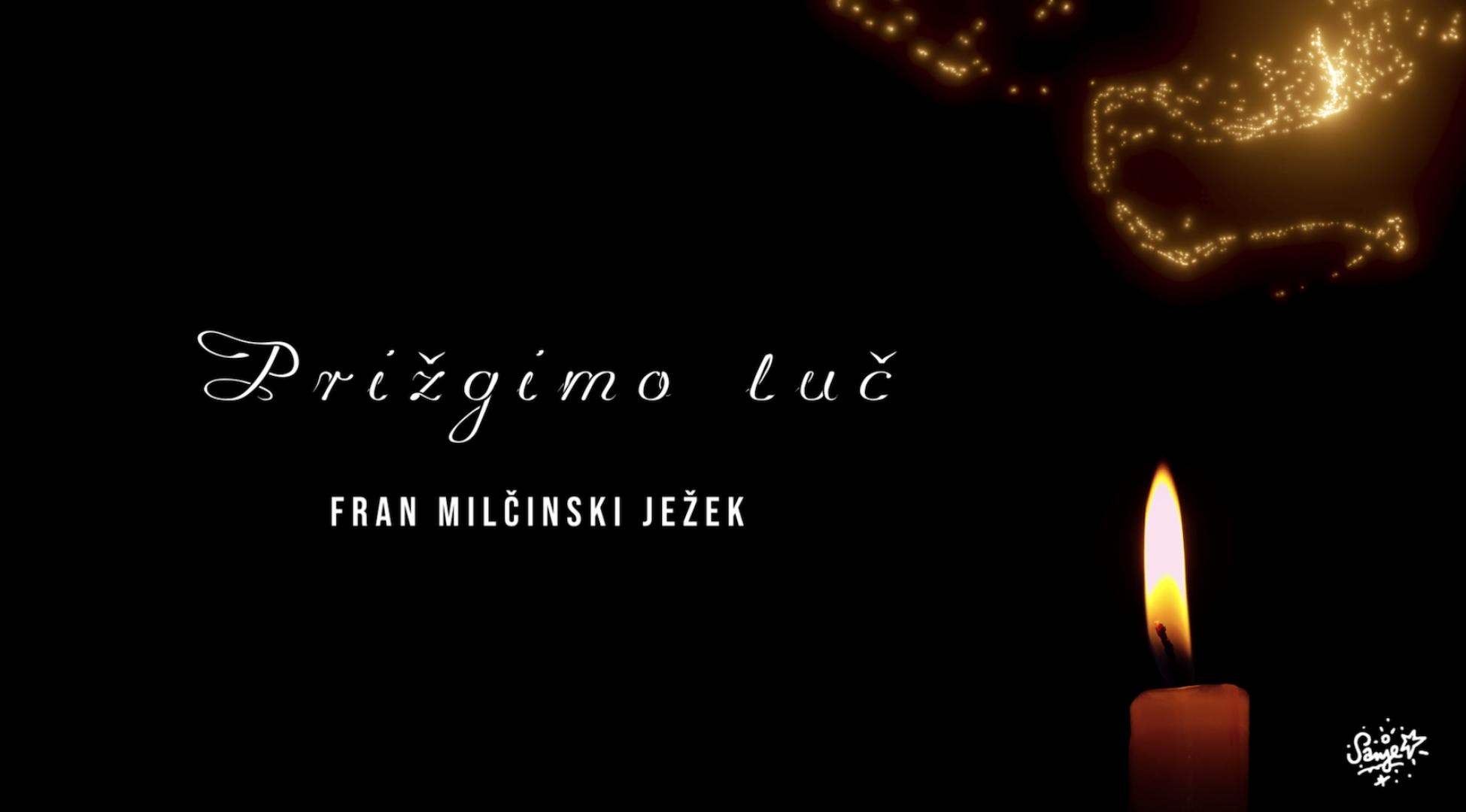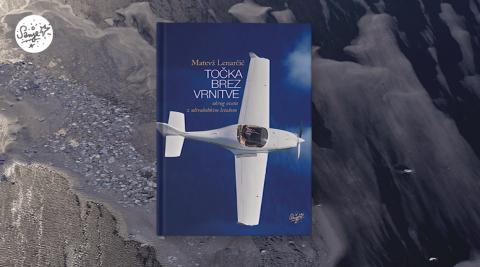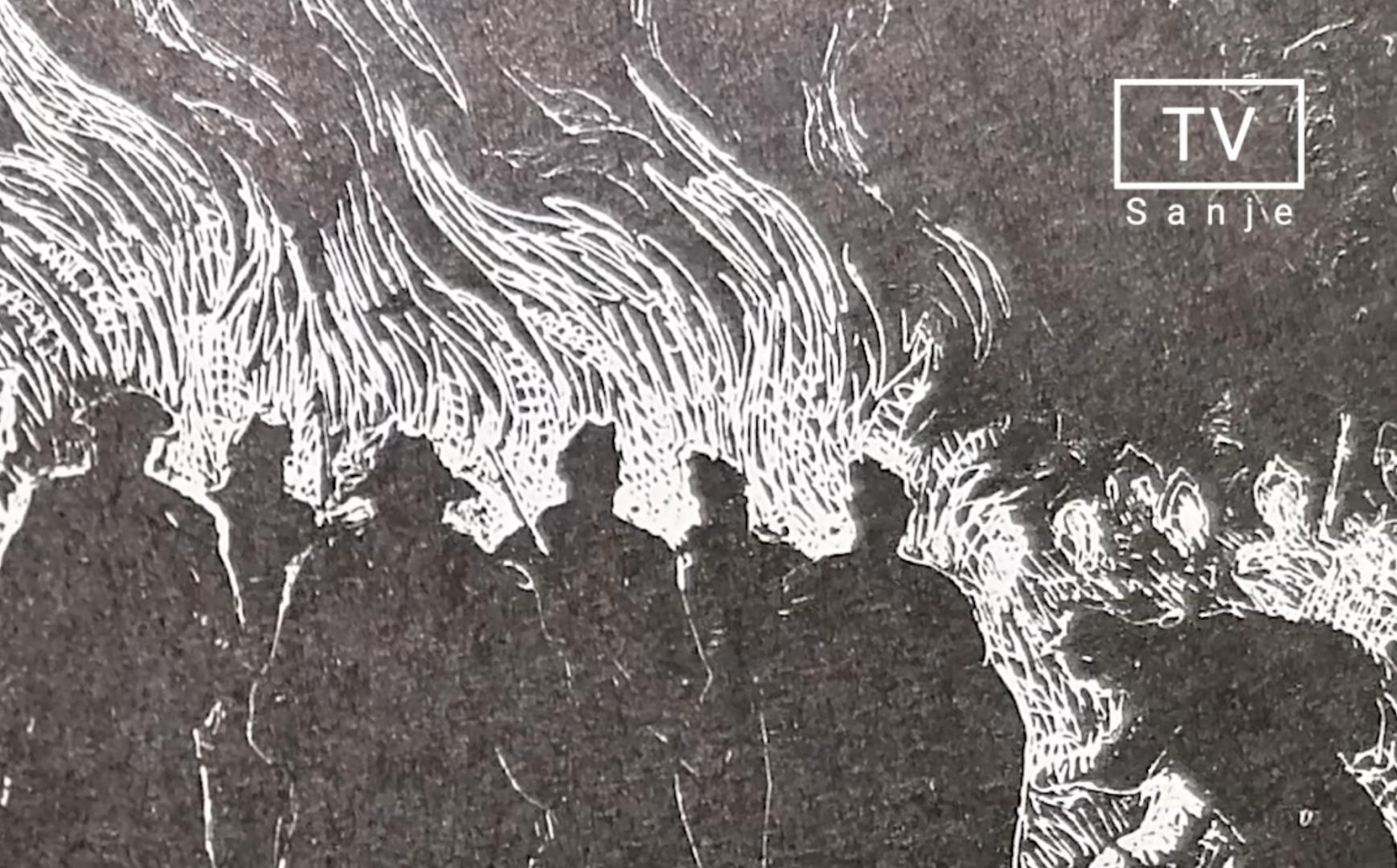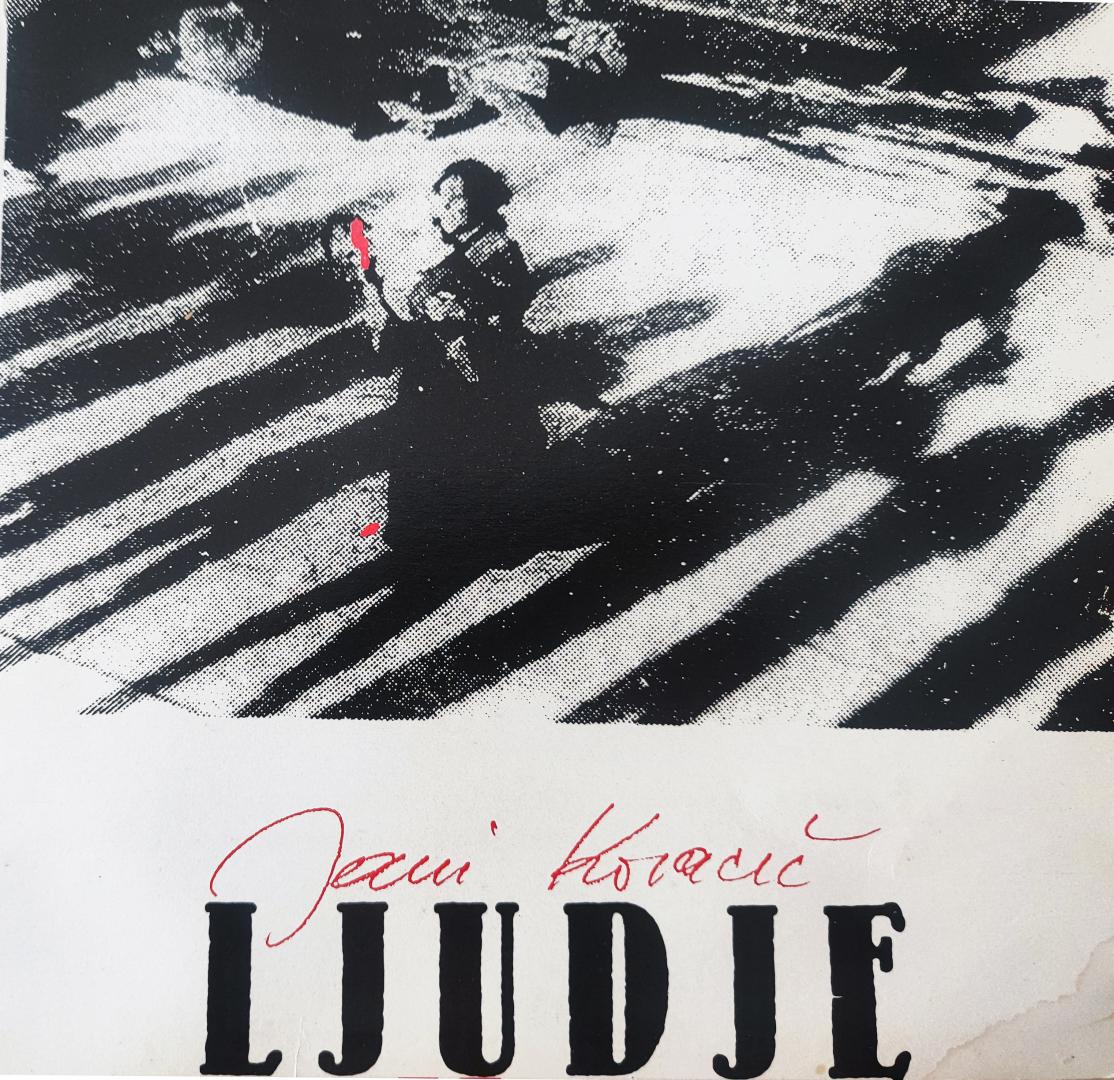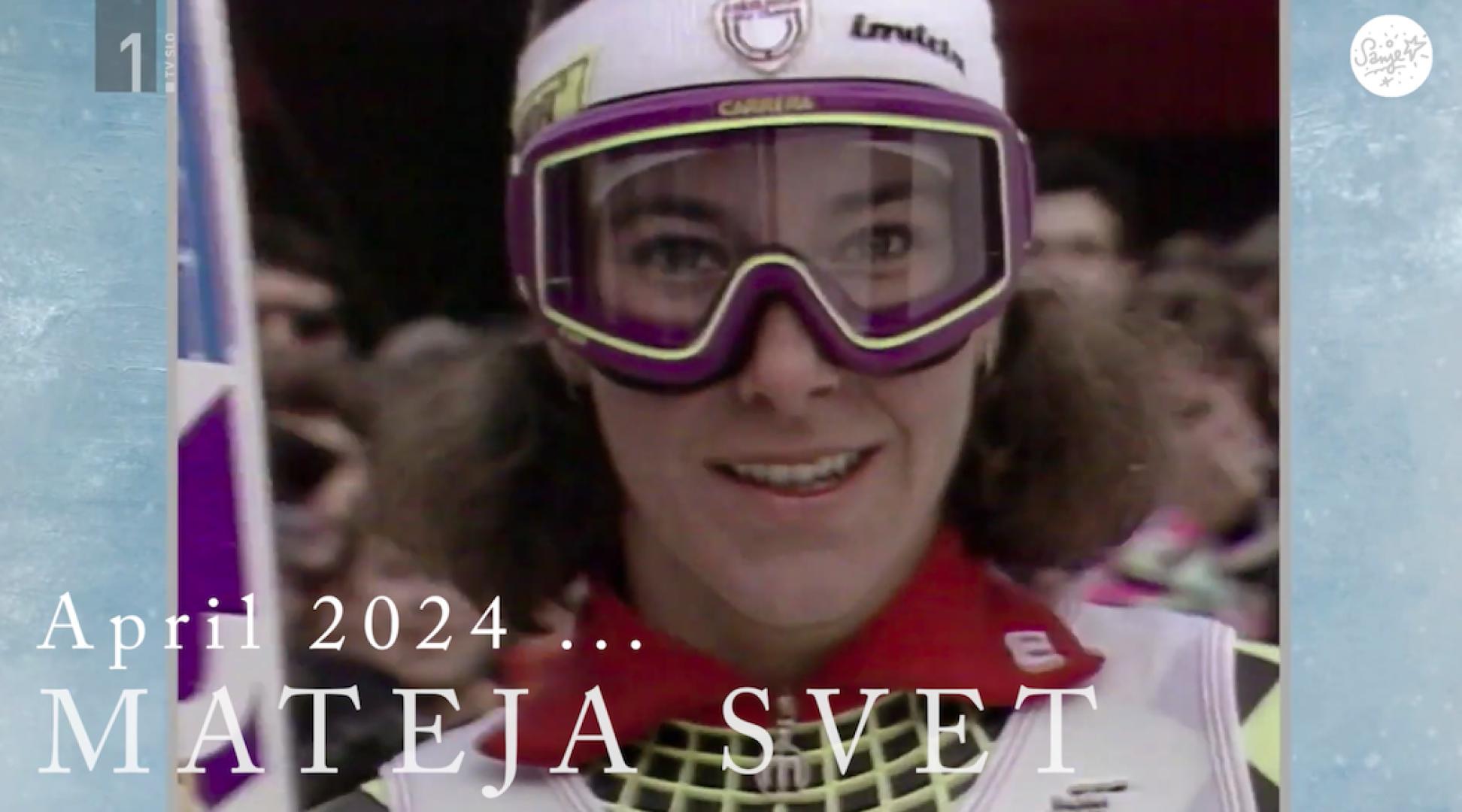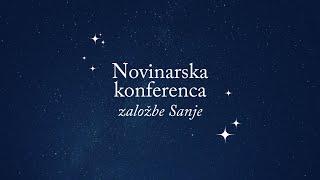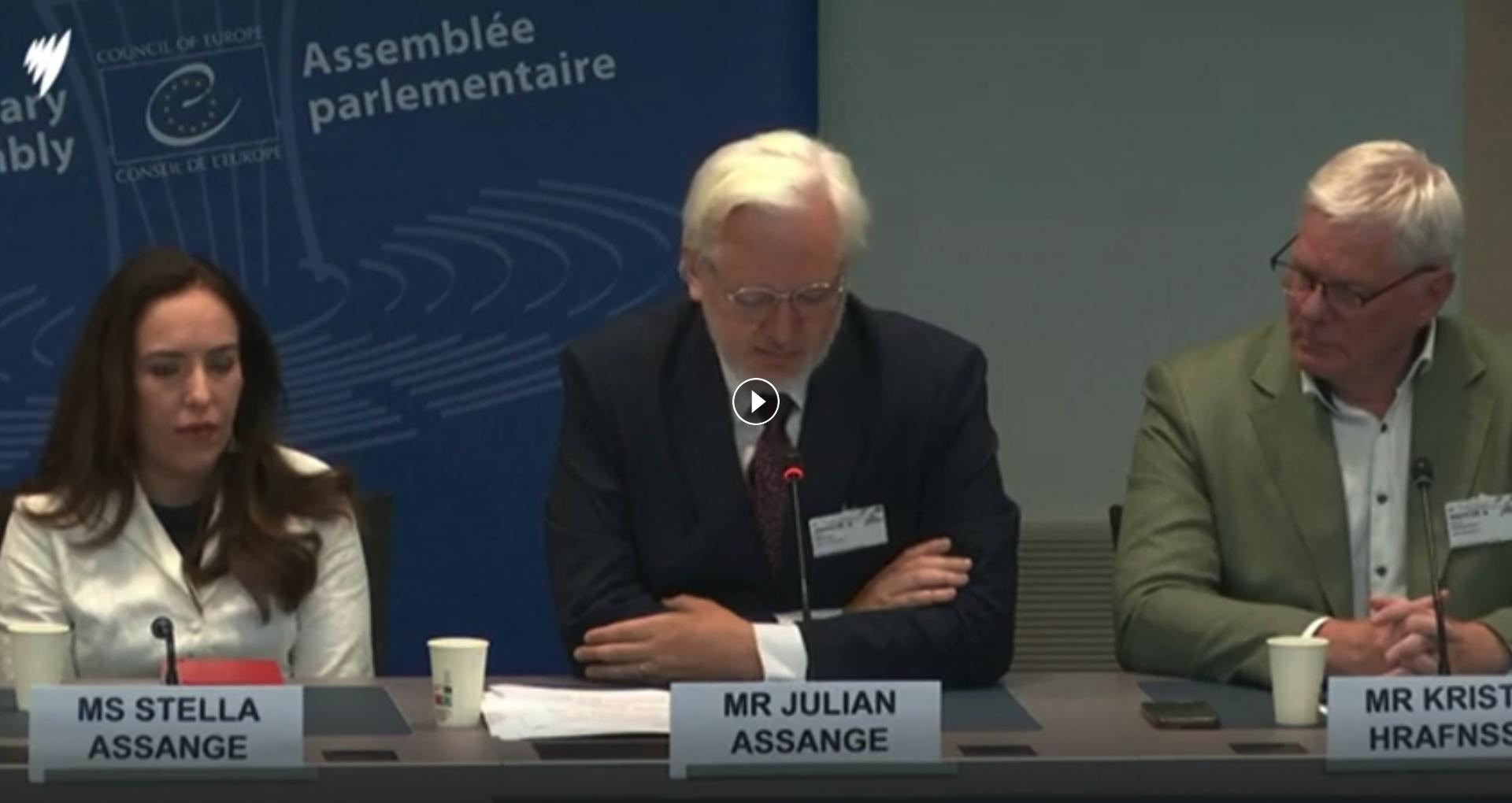WikiLeaks founder Julian Assange gave his first public remarks on Tuesday since his release from a UK prison in June.
Speaking before the legal affairs and human rights committee of the Parliamentary Assembly of the Council of Europe in Strasbourg, France, Assange addressed the protracted legal battle that had defined his life for over a decade.
Izjemno in po krivici spregledano delo o morda najvplivnejši osebnosti našega časa na zahodni polobli: človeku, ki je zamajal imperij. Biografija, ob objavi katere je Roger Waters, frontman Pink Floydov, izrekel naslednje besede: "Sram me je, da sem Anglež. Juliana Assangea pred našimi očmi ubijajo."
"I am not free today because the system worked," Assange told lawmakers from 46 countries. "I am free today after years of incarceration because I pled guilty to journalism."
He added: "I pled guilty to seeking information from a source. I pled guilty to obtaining information from a source. And I pled guilty to informing the public what that information was."
Today marked the first time the world has heard Julian Assange’s voice since British police raided the Ecuadorian Embassy in 2019 and took him out. This is Julian Assange.
JULIAN ASSANGE: The transition from years of confinement in a maximum-security prison to being here before the representatives of 46 nations and 700 million people is a profound and a surreal shift. The experience of isolation for years in a small cell is difficult to convey. It strips away one’s sense of self, leaving only the raw essence of existence. I am yet not fully equipped to speak about what I have endured, the relentless struggle to stay alive, both physically and mentally, nor can I speak yet about the deaths by hanging, murder and medical neglect of my fellow prisoners. I apologize in advance if my words falter or if my presentation lacks the polish you might expect from such a distinguished forum. Isolation has taken its toll, which I am trying to unwind, and expressing myself in this setting is a challenge. However, the gravity of this occasion and the weight of the issues at hand compel me to set aside my reservations and speak to you directly.
I have traveled a long way, literally and figuratively, to be before you today. Before our discussion or answering any questions you might have, I wish to thank PACE for its 2020 resolution, which stated that my imprisonment set a dangerous precedent for journalists, and noted that the U.N. special rapporteur on torture called for my release. I’m also grateful for PACE’s 2021 statement expressing concern over credible reports that U.S. officials discussed my assassination, again, calling for my prompt release. And I commend the Legal Affairs and Human Rights Committee for commissioning a renowned rapporteur, Sunna Ævarsdóttir, to investigate the circumstances surrounding my detention and conviction and the consequent implications for human rights.
However, like so many of the efforts made in my case, whether they were from parliamentarians, presidents, prime ministers, the pope, U.N. officials and diplomats, unions, legal and medical professionals, academics, activists or citizens, none of them should have been necessary. None of the statements, resolutions, reports, films, articles, events, fundraisers, protests and letters over the last 14 years should have been necessary. But all of them were necessary, because without them, I never would have seen the light of day. This unprecedented global effort was needed, because the legal protections — of the legal protections that did exist, many existed only on paper, were not effective in any remotely reasonable time.
I eventually chose freedom over unrealizable justice after being detained for years and facing a 175-year sentence with no effective remedy. Justice for me is now precluded, as the U.S. government insisted in writing into its plea agreement that I cannot file a case at the European Court of Human Rights or even a Freedom of Information Act request over what it did to me as a result of its extradition request.
I want to be totally clear: I am not free today because the system worked. I am free today, after years of incarceration, because I pled guilty to journalism, I pled guilty to seeking information from a source, I pled guilty to obtaining information from a source, and I pled guilty to informing the public what that information was. I did not plead guilty to anything else.
I hope my testimony today can serve to highlight the weakness — the weaknesses of the existing safeguards and to help those whose cases are less visible but who are equally vulnerable. As I emerge from the dungeon of Belmarsh, the truth now seems less discernible. And I regret how much ground has been lost during that time period, how expressing the truth has been undermined, attacked, weakened and diminished. I see more impunity, more secrecy, more retaliation for telling the truth and more self-censorship. It is hard not to draw a line from the U.S. government’s prosecution of me, its crossing the Rubicon by internationally criminalizing journalism, to the chilled climate for freedom of expression that exists now.
- Kategorija
- Politics & economics & health



![Viktorija Kos: Raz-umevanje zla [simpozij, XXII. festival sanje]](https://sanje.tv/uploads/thumbs/de4d21777-1.jpg)

